Category: Lesson Aids
-
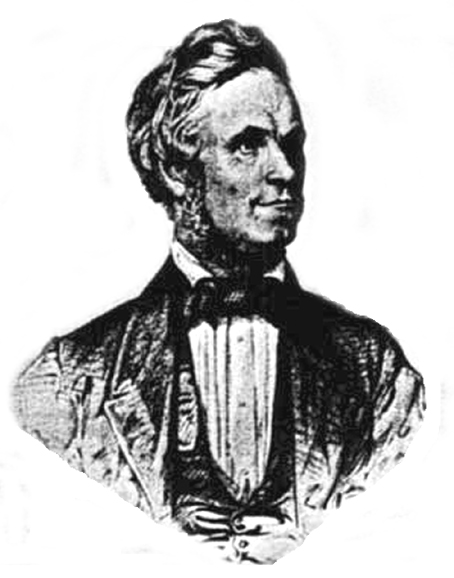
Literary BMGD #17: The Seer
Often LDS lessons based on the scriptures cover such a broad range of topics in the scriptures given that the stated theme of the lesson doesn’t capture what is going on in the scripture passages. While this lesson is certainly one of those times, the poem I found is really about the stated theme of…
-
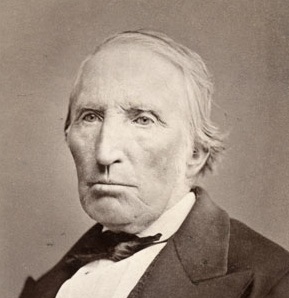
Literary BMGD #16: Forgiveness
The culmination of King Benjamin’s address to his people was the “mighty change” they experienced which led them to repent and covenant to keep the commandments and to seek to do good continually. While the scripture says that they “had no more disposition to do evil,” given the later history of this people, we might…
-
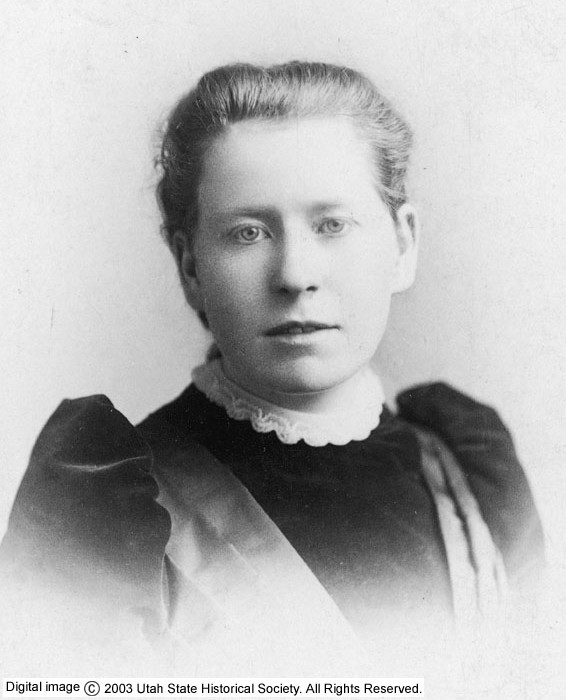
Literary BMGD #15: If I Had Time
King Benjamin’s oft-cited dictum that service to our fellow man is service to God is well known among Mormons. And, if surveys like the recent University of Pennsylvania survey are accurate, Mormons do quite well putting the idea in practice. Still, better than others doesn’t mean that we are where we should be or ought…
-
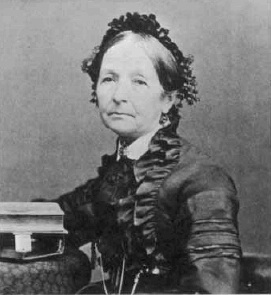
Literary BMGD #14: Awake! ye Saints of God awake!
Perhaps the most dramatic incident in gospel doctrine lesson #14 is Enos’ prayer; an example that has no doubt led many LDS Church members to wonder about their persistence and perseverance in prayer. Indeed, Enos’ story of his prayer is generally taken as a lesson in how to pray and what prayer means. It might…
-
Literary BMGD #13: Pratt’s Historical Sketch
While eclipsed by the Iron Rod imagery in Nephi, the Olive Tree imagery in Jacob is still well-known and referred to frequently. Like so much of Mormon theology, it attempts to give an explanation for the whole swath of human history and show that we are in the last days. Since both images are unique…
-
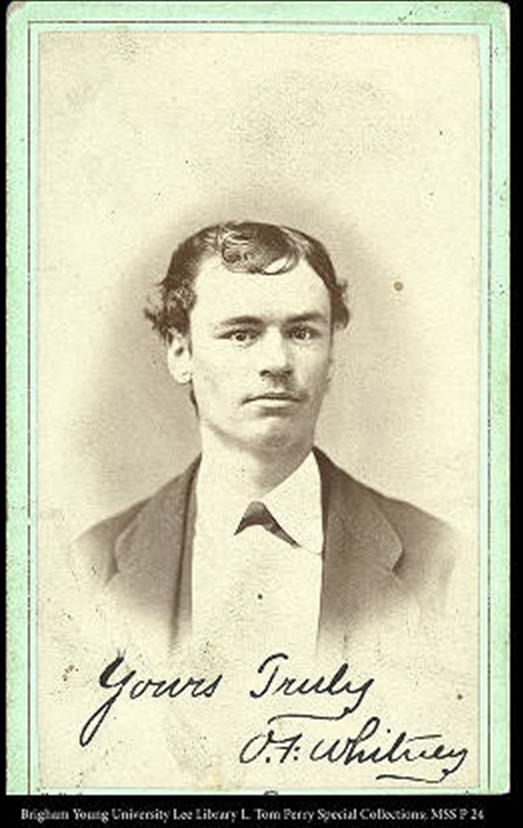
Literary BMGD #12: Aristocracy
A major element of Jacob’s sermon in Jacob 2 is his condemnation of pride and those caught up in their riches. In that sermon, Jacob not only preaches against pride, but argues for equality, saying “Think of your brethren like unto yourselves, and be familiar with all and free with your substance, that they may…
-

Literary BMGD #11: Eternity of Matter
In Nephi’s final writings (2 Ne. 31, discussed in Book of Mormon Gospel Doctrine lesson 11) he teaches about the “doctrine of Christ,” focusing on Christ’s baptism and redemption of the world from sin and on urging his readers to “endure to the end.” This doctrine is the heart of the gospel, the key element…
-
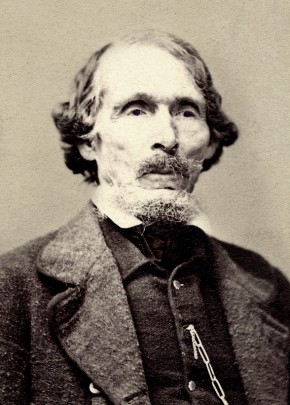
Literary BMGD #10: An angel came down from the mansions of glory
Perhaps the most common theme in early Mormon poetry is the restoration. But while the Book of Mormon itself prophesies about the restoration (as it does in the 10th Book of Mormon lesson), it wasn’t until this hymn was published in 1833 that Mormon poetry addressed the subject. Of course, soon after the Restoration became…
-
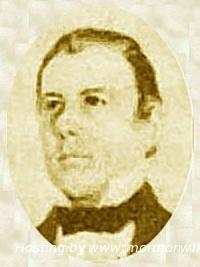
Literary BMGD #9: A Paraphrase of Isaiah 60
Scripture is often repeated in scripture, and poets have rarely been shy about re-using lines of poetry, often without attribution. Plagiarism is everywhere, and our view of it as a faux pas is really relatively recent—this view is certainly more recent than the mid 19th century, when Mormon newspapers started churning out poetry and other…
-
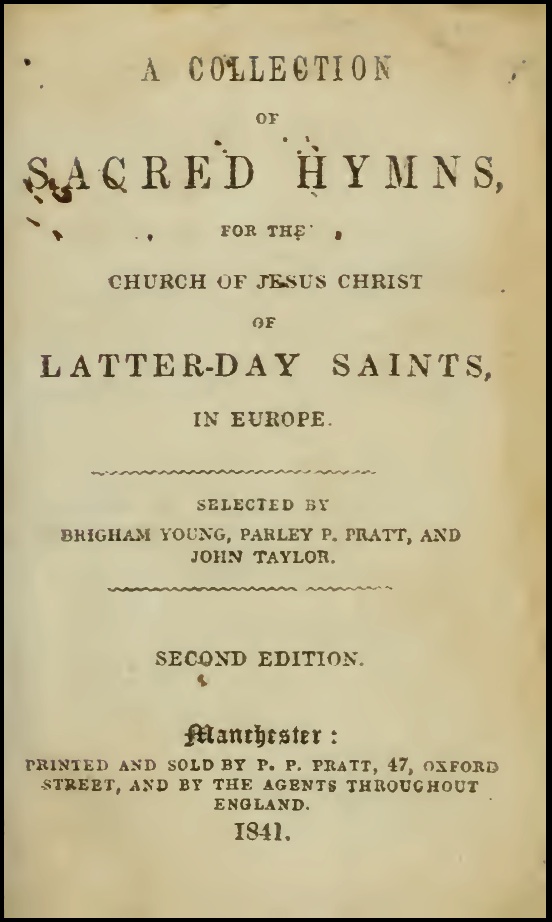
Literary BMGD #8: Twas on that dark, that solemn night
Active Mormons hear poetry about the atonement each Sunday in the sacrament hymn, so finding a poem to go with Jacob’s discourse on the atonement in 2 Nephi 9 isn’t too much of a burden. The hard part is finding something that isn’t already well known and is unique to Mormonism, which I’ve generally tried…
-

Literary BMGD #7: Joseph, From Out of the Dust
Lehi’s final counsel in the Book of Mormon is to his son Joseph makes an interesting literary link between Joseph in Egypt, Joseph the son of Lehi and Joseph Smith, Jr. But, LDS authors have largely ignored this link, especially before 1900, when any mention of Joseph was usually a reference to Joseph Smith, Jr.…
-

Sunday School Questions
We recently had a teacher training workshop in our ward. There was a good turn out with lots of very positive contributions and an overall great discussion. For my own part I talked about the use of questions as a teacher. I’m sharing what I prepared since it may be useful for some of you,…
-

Literary BMGD #6: Man’s Free Agency
One of the fascinating things that happen in Lehi’s fatherly advice to Jacob in 2 Nephi 1 and 2 is that he tries to put together an overall philosophical basis for the gospel. Here the war in Heaven is related to our ability to choose, the fall is related to the atonement, and our choices…
-
Literary BMGD #5: Trials
The story of Lehi’s family and their travels to the promised land perhaps reaches its height in the crisis point during the storm while they are on board the ship they built. The internal divisions within the family have lead to yet another dispute, and the Lord puts them through a trial to help them…
-
Literary BMGD #4: On the Latter-day Dispensation
From a literary point of view the second part of Nephi’s vision, his vision of the future, is very like an epic. It covers a broad sweep of human history and mentions the actions of a series of heroes and heroic groups who have an impact on the fate of humanity. Unfortunately, the broad nature…
-
BMGD #4: 1 Nephi 12-14
Note that I will not be posting notes for lesson #5; I’m taking the week off. (Notes for lesson #6 should be right on schedule, however.) Also note that when I teach this, I plan on covering 1 Nephi 11-15, since I think it makes more sense to treat Nephi’s vision in its entirety and…
-
Literary BMGD #3: Hymn of Praise
While perhaps not the most important symbol in the Vision of the Tree of Life (1 Nephi 8-11), the Iron Rod may be the one that has received the most attention, at least in recent decades[fn1]. But I think I was able to find something that kind of fit with the whole vision instead of…
-
BMGD #3: 1 Nephi 8-11; 12:16-18; 15
This isn’t a lesson; it is the notes from which I will prepare a lesson.
-
Literary BMGD #2: The Pilgrims’ Hymn
In looking for a literary work to go with the second Gospel Doctrine lesson this year, I was struck by some of the parallels between what Nephi experiences in the first few chapters in the Book of Mormon and what the early Mormons went through in traveling to Utah. Many of those we call the…
-
BMGD #2: 1 Nephi 1-7
Again, this isn’t a lesson. It is the notes from which I will prepare a lesson. Sorry it is so long. (The rabbit trail of the week was related to the killing of Laban, but I don’t plan on discussing that with my class.)
-
Literary BMGD #1: Address to the Book of Mormon
I’m pleased that Julie has begun a series of posts that cover this year’s lessons on the Book of Mormon. With this post I will begin a kind of companion series: Mormon poetry and literary texts that can accompany each week’s lessons. Since Mormon literature often gets short shrift (usually from those who haven’t actually…
-
BMGD #1: Introduction
These are the notes from which I will create my Sunday School lesson. It is not a Sunday School lesson, unless your ward has Sunday School for five hours and a high tolerance for rabbit trails that happened to catch my interest.
-
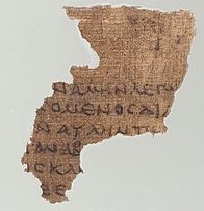
New Testament Sunday School Lesson 46: Revelation 5-6, 19-22
The word “end” has at least two meanings in English: the point that marks the boundary or limit, such as the last point in a series, and the purpose or goal. Of course, these two meanings are not necessarily mutually exclusive. When speaking of the end, Latter-day Saints often use a phrase that is worded…
-
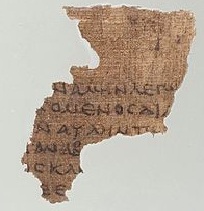
New Testament Sunday School Lesson 45: Revelation
As with other Sunday School lesson notes, these are intended primarily to help people study for the lesson, not as lesson preparation materials. Of course, anything one uses for study can also be used to help one prepare a lesson. But study rather than lesson preparation is the main purpose of these notes. Background The…
-
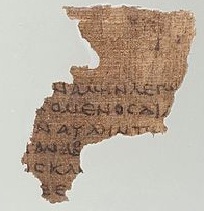
New Testament Sunday School Lesson 44: 1-3 John
1-3 John seem to be letters written to different churches in the region of Ephesus mostly in response to a group of apostates whom we call Gnostics. Most scholars believe that John wrote these letters before he wrote the Gospel of John, though that is not a unanimous opinion. There are, for example, some who…
-
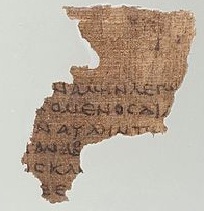
New Testament Sunday School Lesson 43: 1-2 Peter, Jude
Before you read the letters from Peter, take a few minutes to recall who he was: What was his position in the Church? What particular experiences did he have with the Savior? What might he have learned from those experiences? How does that background inform these letters? Outlines of 1 Peter, 2 Peter, and Jude…
-
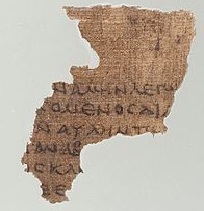
NT Sunday School Lesson 42: James
We do not know who the author of this epistle was (there are several persons named James in the New Testament), but tradition says that it was James, the brother of Christ and the presiding elder in Jerusalem after Christ’s death. (See, for example, Acts 15:13, where he presides over the Jerusalem conference called to…
-
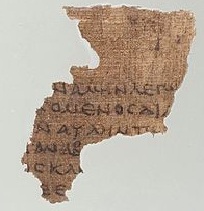
NT Sunday School Lesson 41: 1 and 2 Timothy; Titus
1 Timothy 3 3:15-16: How is the Church “the pillar and ground of truth”? What metaphor is Paul using? How does that metaphor help us understand what the Church does? What does he mean when he speaks of “the house of God”? Does he mean the church as a whole or individual congregations? What does…
-

NT Sunday School Lesson 40: Philippians, Colossians, Philemon
There is even more to cover than usual in this lesson. The result is 12 pages of study material. Because it usually helps to understand the context in which the verses one studies occur, I will supply some background information about each book, as well as an outline of the text of each. Then I…
